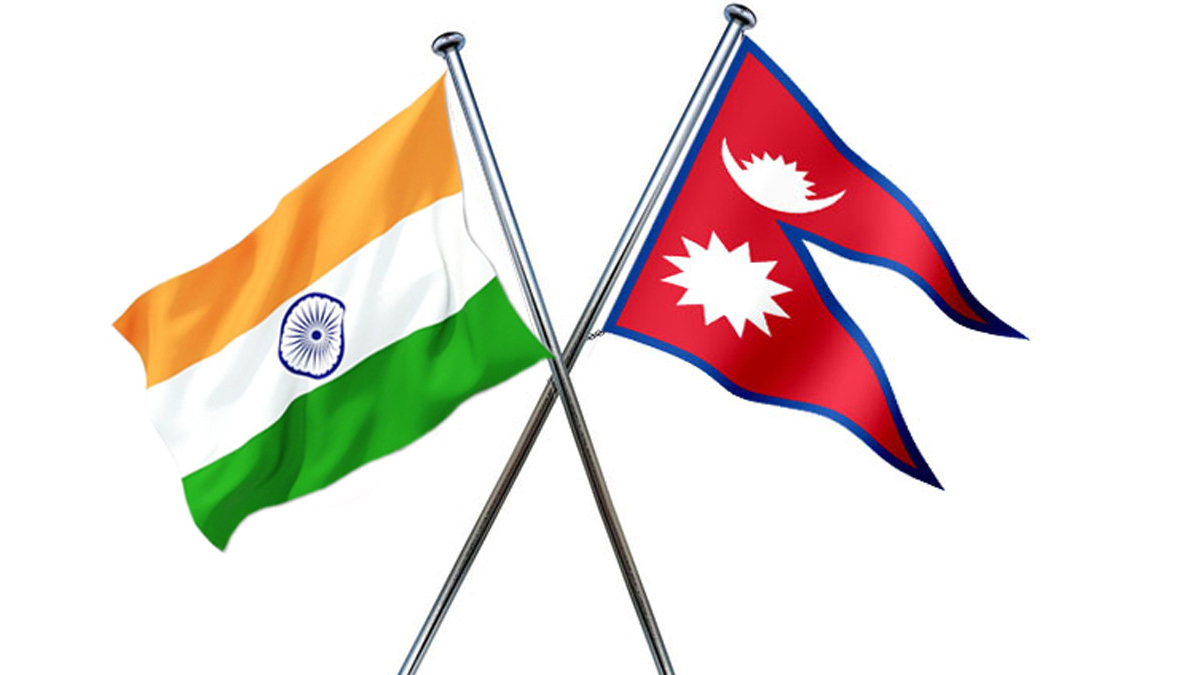
India Leads as Top Foreign Investor in Nepal
India remains the leading source of Foreign Direct Investment (FDI) in Nepal, outstripping other nations with an investment stock worth NPR 88.59 billion, according to the latest figures from Nepal Rastra Bank’s report “FDI in Nepal, 2021-22.”
While FDI approvals have seen a rise, actual net inflows continue to show a disparity, signaling execution gaps. The report, which includes data up to mid-July 2022, indicates that Nepal received foreign investment from 57 countries, with China, Ireland, Singapore, and Saint Kitts and Nevis following India in investment volumes.
Nepal’s industrial sector, excluding trading activities, remains open to foreign investors with sectors such as electricity, manufacturing, and services attracting significant interest. In a bid to streamline processes, the Nepalese government plans to introduce the Automatic Route for Indian investors, which will allow them to invest without prior approval, although this system is not yet in place.
The Department of Industry (DOI) and the Investment Board Nepal (IBN) are key regulators overseeing FDI, with the statutory timeline for investment approval set at 22 days. However, actual approval times can extend up to six to eight weeks.
Indian financial institutions eyeing the Nepalese market are subject to prior approval from Nepal Rastra Bank (NRB). Moreover, Indian nationals can participate in Nepal’s growing economic sectors by establishing new companies or through partnerships in existing businesses, though direct land ownership is restricted to housing units.
Furthermore, Nepal and India have enhanced their economic ties with agreements aimed at facilitating the export of up to 10,000 megawatts of electricity from Nepal to India over the next decade. The countries also maintain a Double Tax Avoidance Treaty (DTAA) to streamline fiscal matters.
Despite these favorable conditions, the gap between approved FDI and actual inflows underscores challenges that need addressing to fully harness the potential of foreign investments in Nepal. Both nations continue to work on smoothing regulatory frameworks to foster more robust economic collaboration.
With these frameworks, Indian investors are well-positioned to explore diverse opportunities in Nepal, aiding in mutual economic growth and development.
- Chinese Public Opinion on Nepal’s Loan Grant Proposal Sparks Debate Amid Corruption Investigation
- Chinese and Bangladeshi Nationals Illegally Acquiring Nepali Citizenship Raises Security Concerns
- US Special Envoy for Youth Affairs Abby Finkenauer Arrives in Nepal to Promote Youth Engagement and Democracy
- Seven Dead, Six Critically Injured in Darchula Jeep Accident













Comments